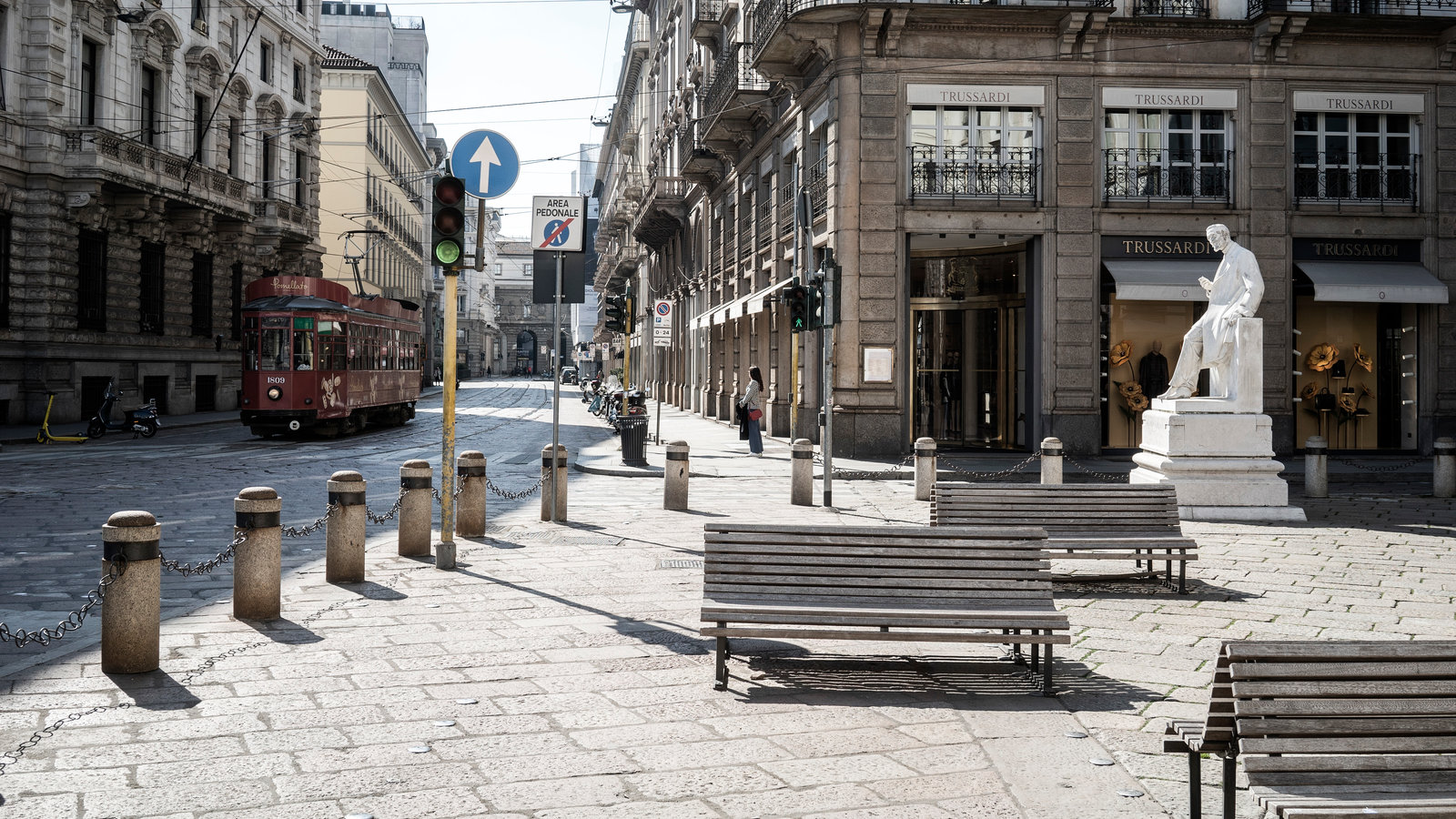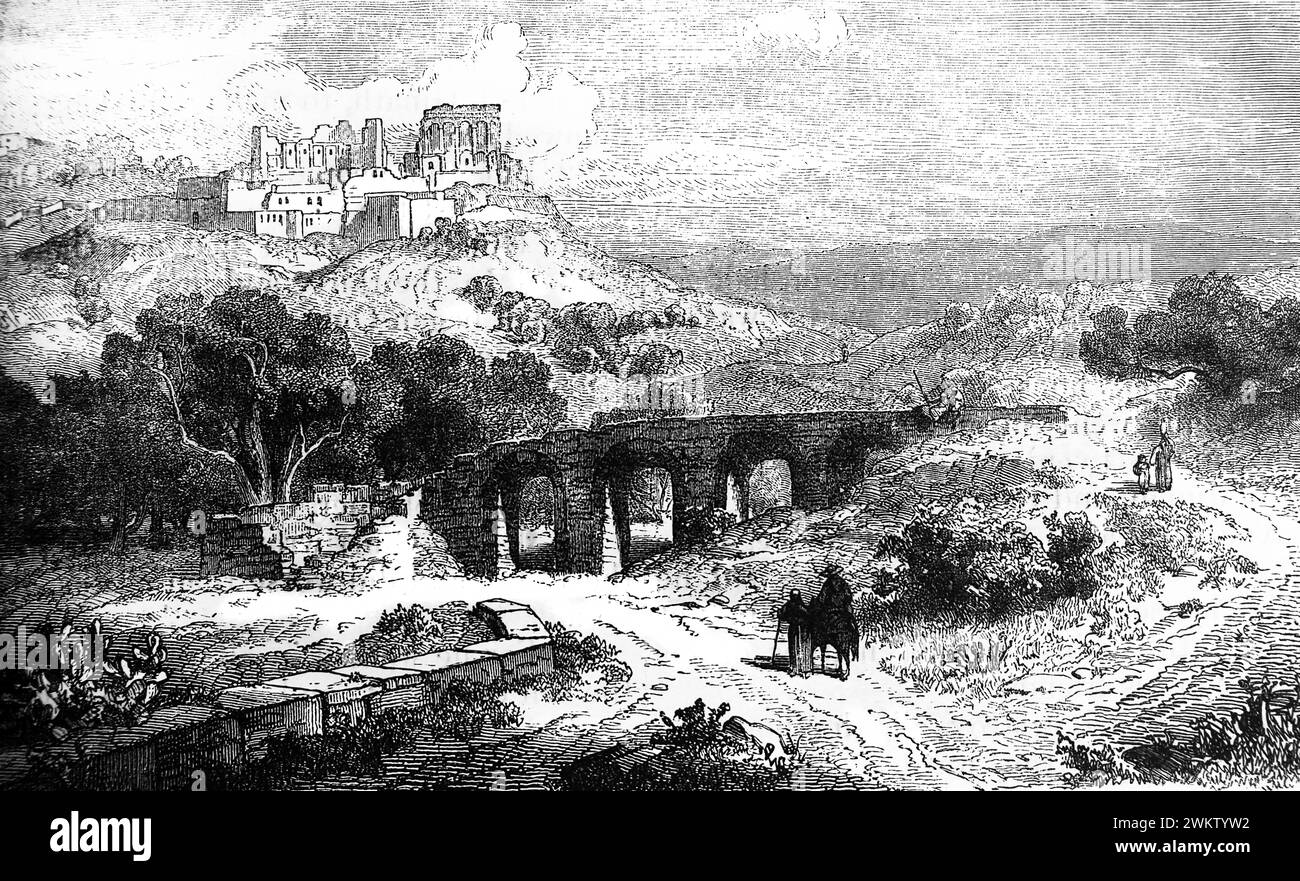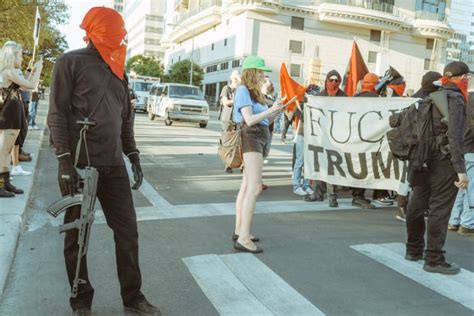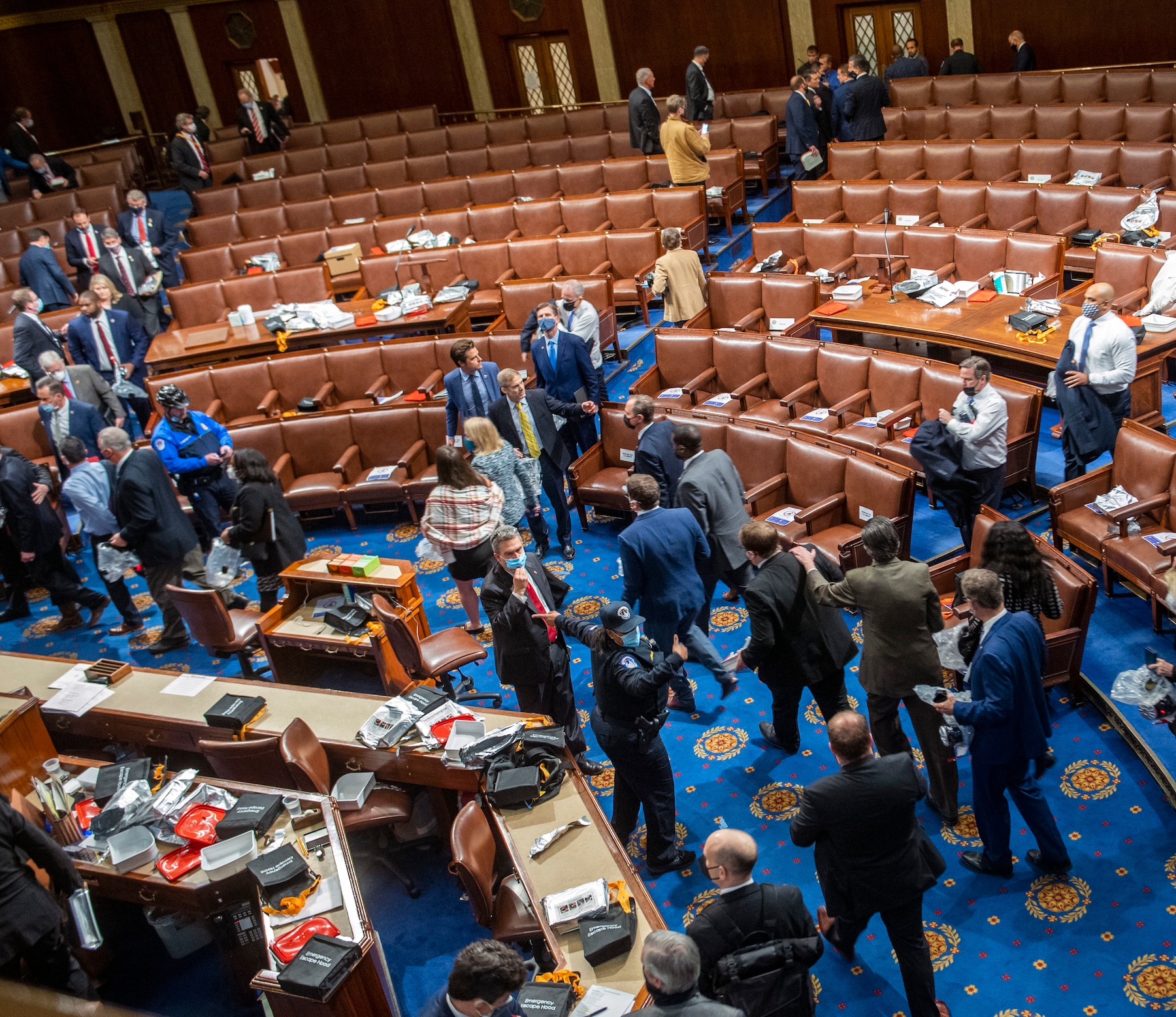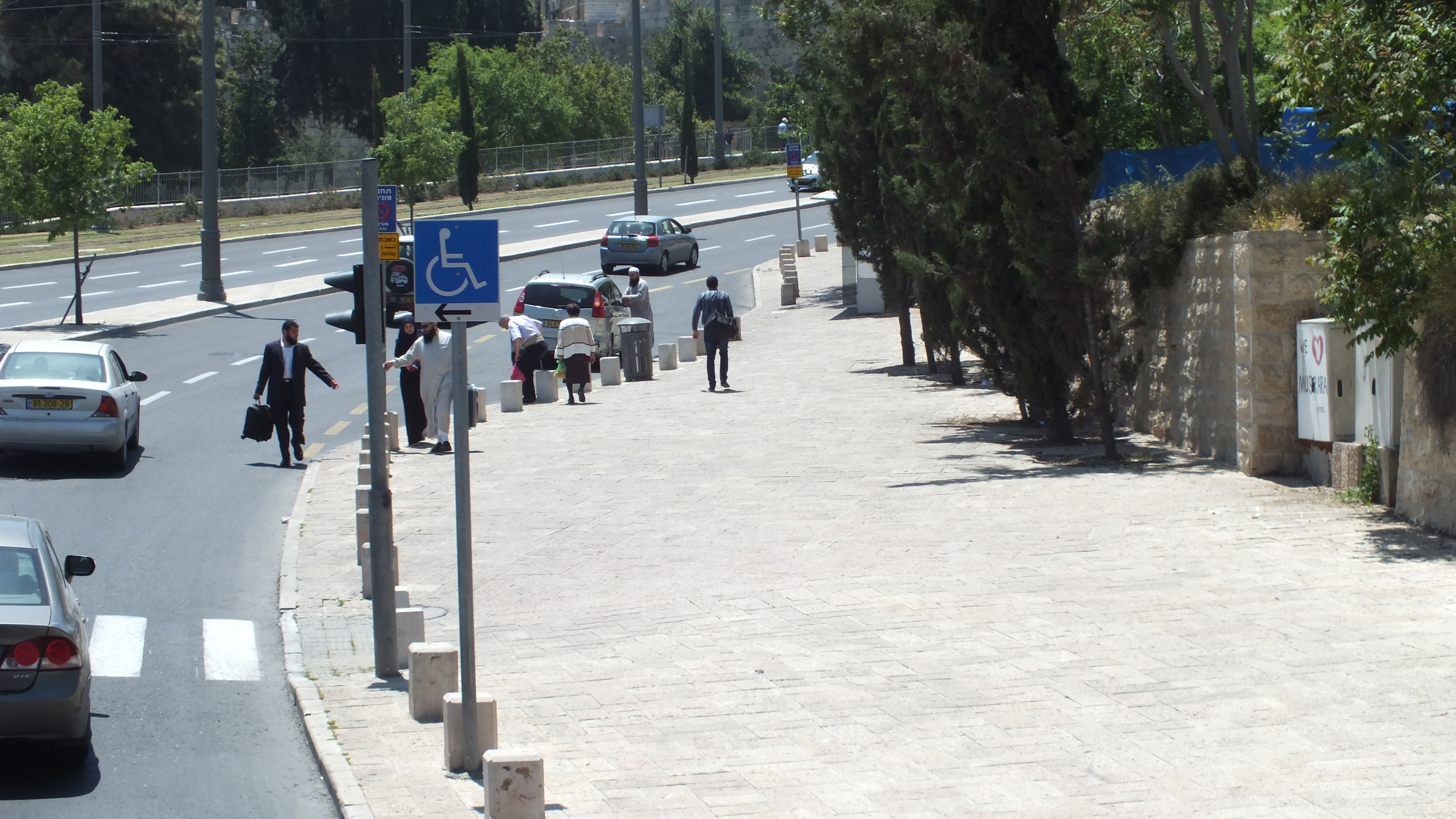This is a translated article about the controlyavirus in Italy. There are quite a few obvious differences, i.e. our different style of .gov and histories; yet the peoples' reaction is like ours. It is B.S.
For almost two years at least, the State has been violating our fundamental Italian rights, as never happened since it was constituted in the form of a Republic ordered by the Constitution.
To reflect on what is happening, it is advisable to investigate similarities and differences with the last two previous occasions, in which the fundamental rights of Italians were violated.
* * *
In November 1921, at the founding Congress of the National Fascist Party (PNF) at the Augusteo Theater in Rome, Dino Grandi1 gave a great speech and said: "liberalism ... did not care at all to solve the national problem, but only considered the Nation and the National State as a necessary means to achieve the freedom of the individual. Liberalism, and for it the Liberal Party, always considered freedom as an end, national independence as a means to achieve freedom ... This is Cavour's2 concept of freedom ". Italy as a means, the freedom of the individual as an end.
Flawless analysis. In 1814, the many Italic states thought they were independent: even the Lombards, for a brief moment, thought they could only receive a monarch, not the Austrian laws. Only to discover that no, all the Italic states were servants of the Empire of Austria: a perfectionist state (which embraces a presumed good without regard for the interests of its subjects), paternalistic (which does not take into account what individuals perceive as their own interests), bureaucratic (the only relevant political will is inevitably exercised by means of a bureaucracy obedient to the Sovereign and indifferent to the subject), but not arbitrary (the subjects of the Habsburg knew what law to obey and had to obey it all, without distinctions). Such a state does not suffer from any limits or barriers, except those that it imposes itself, through laws that it itself determines, since even the legislative power coincides with the only political power. No one had any hope of influencing what was written in that law.
And are we the opposite of them, at least starting from 9 March 2020? When our beautiful fundamental rights guaranteed by the Constitution (freedom of assembly, movement, religion, the right to education, the right to work, etc.) have been devoured by the State (to the point of preventing elected people from participation in representative assemblies). State that has made itself strong in an omnivorous interpretation of the right to health, and then superabundant in balancing this with the previous ones; of temporal limits always evoked although always postponed; of a scientific opinion summarized by the memorable Draghi3 statement: “you don't get vaccinated, you get sick, you die, or you let someone die: you don't get vaccinated, you get sick, you get infected, he she dies”; going so far as to argue (with Cassese4?) that, alone, the high adherence to vaccinations "demonstrates the non-tyrannical character" of the government. Who forgets Conte5: "The primary objective must now be to regain control of the epidemiological curve".
It is worth rereading Mattarella6, starting from the beginning, "the government yesterday established a series of indications of daily behavior, suggested by scientists and valuable experts" ... down to the last, "do not invoke freedom to escape vaccination" . He once said that "the pandemic" acted "by questioning established habits and questioning predictable behaviors" ... Well, no, president: not the pandemic but the government, not habits and behaviors but rights, Mr. President, fundamental rights. Another time: "no more deprivation of freedom" ... then he must have forgotten about it. One more time: "There can be no Republic without work" ... then he signed the Green Pass decree. An enthusiastic Romano Prodi 7summarizes: “health is first of all”. And many greetings to the Count of Cavour.
The Italics of 1814, on the contrary, wanted a Republic (no matter if it was run by a monarch, a sort of life-long and hereditary president of the Republic): a state forced to stick to the politically relevant interests of its citizens, in consonance with their interests, including the freedoms of the individual. And so they tried to free themselves separately: in 1821 Lombardi, Piemontesi, Napoletani, in 1831 Parmigiani, Modenesi, Papalini. And all separately failed. So, from Italics they became Italians, in the sense that they understood that they could not obtain the freedom of the individual if not all together: Italy as a means.
And are we the opposite of them, who until 9 March 2020 enjoyed our beautiful fundamental rights guaranteed by the Italian Constitution and would like to have them back?
* * *
Liberal Italy was not enough for Dino Grandi. Of that Italy he claimed to have witnessed the next "dissolution", the next "internal disintegration", the next "internal and external dissolution", threatened by the "Russian myth". And are we the opposite of them, with our beautiful Covid crisis? Who forgets Conte: "we are facing the most difficult crisis since the post-war period ... this is the moment of choices, even tragic choices". Let's reread Mattarella: “an invisible enemy, unknown in many respects, unpredictable”; "A fearsome and unknown virus"; "A phenomenon of unimaginable speed of diffusion, unknown even to science, in its characteristics, in its mode of transmission, in its effects on the organism"; "One of the most serious emergencies ever to occur in the life of our country"; "In other countries in which the vote has taken place, there has been a serious increase in infections"; “Defeat the virus, or risk being overwhelmed by it”.
Faced with the dissolution - according to Dino Grandi - the "Cavourian and Italian State" had tried to become an "imperative of strength and thus resolve, in the simple Roman, Machiavellian and hierarchical concept of authority, the problem of its inner and outer dissolution". And are we the opposite of them, with our nice lockdown and Green Pass (and tomorrow, perhaps, with the lockdown of those without Green Pass)? Judge the reader, re-reading Mattarella: "the sacrifices required to be included in the red zone"; “These weeks of forced isolation”; "Schools across the country have been closed and will remain so"; "A temporary freeze of assets"; "With masks, with social distancing, with responsible behavior, avoiding unnecessary behavior and opportunities for contact"; “The necessary - sometimes unpopular - choices to reduce the contagion”; "It is necessary to protect one's own health and it is a duty to protect that of others"; “It is essential to rigorously maintain compliance with the measures of conduct”; "The need to continue to observe them scrupulously as long as necessary"; "Prudence and responsibility in conduct"; "Keep precautions"; the "need to observe rules".
But the exercise of authority was not enough - according to Dino Grandi - as "the people participate in the political struggle as well as participate in the war, to which they sacrifice everything, only when the war is felt, not in its tragic immediacy, but as a superior ethical necessity ". And are we the opposite of them, in the way of mobilizing consensus? Judge the reader, rereading Mattarella: "not by imposition ... but by conviction"; "Patient wisdom to regain complete freedom of behavior"; "Sense of duty and good will of individuals ... alongside the spirit of sacrifice and respect for the rules"; “Let's talk about authentic freedom”; avoid "confusing freedom with the right to make others ill"; “The freedom of each one is realized together with that of the others. Otherwise, freedom does not exist. The freedom claimed or even only practiced in an exclusive way would not be such; it would actually be a request for will ”.
Indeed, the liberal state - according to Dino Grandi - could not save the nation, as his was a "non-existent individual society": "the liberal state, easy prey to all dissolving demagogues, to all arbitrators, violence, licenses , the appetites… which made the right of freedom a means to destroy freedom itself, an institution of protection for all the anti-national currents of our country ”. And are we the opposite of them, in the way of judging the oppositions? Let's reread Mattarella: “voices are heard that push irresponsible behavior and push those who want to escape collective responsibility”; "No distractions are allowed"; "It surprises and pains that ... phenomena, initiatives and acts explode ... of aggressive protest". Thus Gentiloni: “the fundamental thing is not to give the right of political citizenship to the no vax”. So Berlusconi: "our country has known many bad teachers ... foment the division of the country ... it is truly irresponsible". The Triestine and democratic Mr. Illy comments: "a violent rebellion that uses the vaccine as a fig leaf for unspoken objectives of political destabilization ... fascist violence and the related maneuvers to destabilize the country ... must be crushed with the utmost determination". At first, Mattarella argued that "the sufferings caused by the disease should not be brandished against each other" ... then he must have forgotten about it.
It was against the dissolution - according to Dino Grandi - that fascism had arisen, the bearer of "a religion, a feeling, a myth, a utopia, the awareness of an extreme moral purpose", and "and it is therefore that Fascism it is destined… to resolve the civil crisis which, even today, afflicts our people ”. By transforming the state into "an ethical body" that "asserted the rights of the nation against the rights of the individual": this is the "fascist revolution". Italy as a means and as an end, the freedom of the individual as an obstacle. Over time - again according to Dino Grandi - fascism would also convert "all the spurious elements and dead masses who applauded our national insurrection, not because it saved the state and its prestige from complete ruin, but because from the salvation of state diligence they have so far taken the salvation of their portfolio ". But, until 1921, fascism - again according to Dino Grandi - had been nothing more than "a national guard", which gathered those who "through the experience of war" had understood the "need to save the nation" and it had acted "by taking the place of the state, which had by now renounced its first essential function". That is, - again according to Dino Grandi - what the fascists did, the state should have done.
Here, here is the most visible difference between us and them: this time, the state itself claimed to save the nation from dissolution and did so by affirming the rights of the nation against the rights of the individual. This difference is enough to exclude that the current regime resembles Dino Grandi's Fascism: yes, even today Italy is not a means but an end, even today the freedom of the individual is not an end but an obstacle ... however, the actor does not act against the state with the intention of bringing about a revolution, but it is the state itself through a reorganization.
* * *
All the same, this reorganization of the state is profound to the point of overwhelming our fundamental rights, so much so that we suspect it is transforming itself from a Republic ordered by the Constitution into something different. In what? Let us formulate our hypothesis: in the perfectionist-paternalist-bureaucratic state of the oldest memory. Indeed, in something even worse, since (unlike the Austrian Empire) it is arbitrary (just think of the hail of ever-changing decrees and guidelines).
On the other hand, the very guide of this transformation, Mario Draghi, receiving the Cavour Prize in January 2017 said: "the freedom of citizens and national unity were, for the liberals of the Cavour race, indissoluble". But national unity interests him only eventually and instrumentally: he is interested in European unity, which is then the empire that has returned. He is therefore consistent when he tramples on the freedom of citizens and brings us back to the form of state that was that of the Empire against which Cavour fought and won. In a word, we would have plunged back, not to 1921, but to 1814.
We, unlike Mario Draghi and like the Italics of 1814, want a Republic: a State forced to stick to the politically relevant interests of citizens, in accordance with their ideas on those interests, among which the freedoms of the individual are concerned.
We, like the liberals attacked by Dino Grandi and unlike Mario Draghi, always consider freedom as an end, the independent national state as the means to achieve this freedom.
Ours is Cavour's concept of freedom. We don't know what to do with the new Italian structure and its Guide.
(END)
